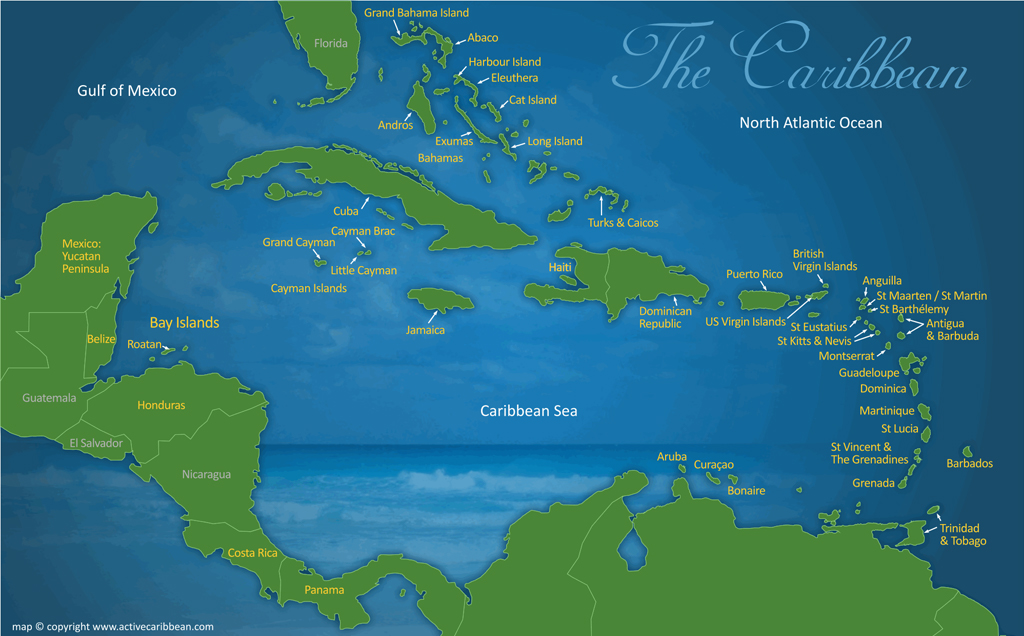NEWS WRAP: Cocaine, COVID-19, and climate change the Caribbean
Record 4.2 tons of drugs seized near French Caribbean
A report by the Associate Press revealed that a record 4.2 tons of cocaine were seized near the waters of Caribbean islands of Martinique and Guadeloupe.
On January 17, the Armed Forces of the Antilles spotted a fishing vessel traversing the French Caribbean, which eventually led to the discovery of 177 bricks of cocaine aboard the boat. Eight people aboard the vessel were arrested.
Authorities said the seizure was a result of close cooperation with several countries that it did not identify.
COVID-19 situation in Cuba, Turks and Caicos
The Turks and Caicos Islands has announced that it expanded its testing capacity in a bid to follow through with the new testing requirements enforced for travelers entering the United States and Canada.
Those who are traveling to the USA and Canada that received all the vaccination doses are still required to provide a negative COVID-19 test result to board their flight.
A website on the island’s COVID-19 response can be accessed here.
Meanwhile, Cuba is reported to have accumulated the most number of deaths from the COVID-19 in the country since the beginning of the pandemic.
Deaths in January totaled to 58, four of which are the most recent deaths that were added on Wednesday.
According to the Ministry of Public Health, a new record of COVID-19 infections for a day was also set at 825, with the highest number of community transmissions recorded as well at 801.
“There is a significant transmission in all provinces and municipalities of the country, so protocols and measures to confront the pandemic are being adjusted,” said The ministry’s national director of hygiene and epidemiology Francisco Duran.
Cuba now has a total of 23,439 cases, with 18,325 recoveries and 204 deaths, according to the latest data from the World Health Organisation.
Major challenge to the region’s water supply
The United Nations has identified Antigua and Barbuda, St. Vincent and the Grenadines, and St. Kitts and Nevis as countries in the Caribbean that are classified as water scarce—or those with less than 1000 cubic meters per capita of renewable water resources a year.
In a Deutsche Welle report, Barbados’ situation, with only 350 cubic meters per capita, is especially grave, according to Keithroy Halliday, general manager of the Barbados Water Authority.
Most people outside of rural mountainous areas in the Caribbean have access to water, but they are often challenged by outdated infrastructure in need of repair, resulting in major losses of drinking water.
Alan Poon King, head of Trinidad and Tobago’s Water and Sewerage Authority (WASA), says the utility loses as much as 60 million gallons of water each day from leaking infrastructure — and that much again is wasted by problems like leaking taps on private properties.



